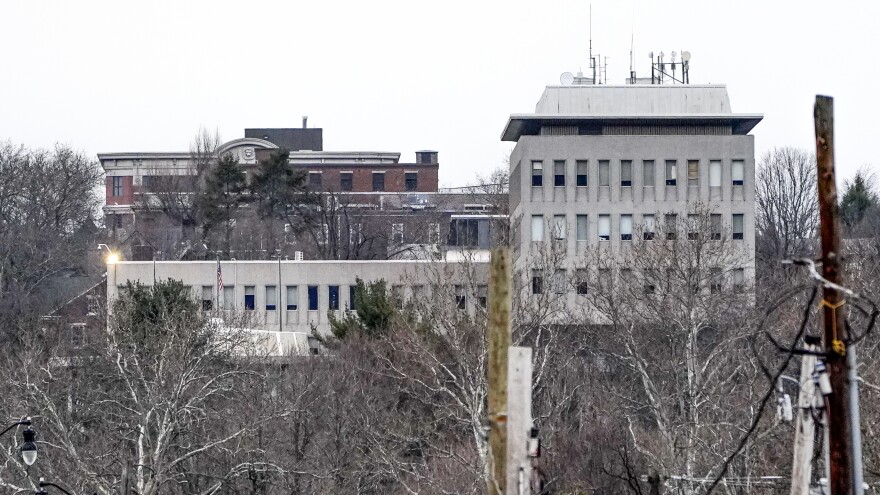BETHLEHEM, Pa. — With Bethlehem City Council set to vote Tuesday on limiting public comment periods to include only “residents and taxpayers,” one media law expert told LehighValleyNews.com such a measure could be “legally problematic.”
Melissa Melewsky serves as media law counsel with the Pennsylvania NewsMedia Association, where, among many things, she advises journalists on legal issues involving open meetings, public record laws and the First Amendment.
“The [Sunshine Act] allows the board to implement reasonable rules and regulations to govern the conduct of public meetings, but restricting public comment should be a last resort, not a first step,” Melewsky said in an emailed statement Wednesday.
“The [Sunshine Act] allows the board to implement reasonable rules and regulations to govern the conduct of public meetings, but restricting public comment should be a last resort, not a first step.”Melissa Melewsky, media law counsel with the Pennsylvania NewsMedia Assocation
She said the law’s language leaves room for questioning whether it pertains to “local” taxpayers only, or others beyond that.
“The Sunshine Act allows agencies to limit public comment to ‘residents and taxpayers,’ but it’s not a clear-cut issue and there’s no guidance from the courts,” Melewsky said.
” … For example, virtually all local agencies like schools, townships, etc., receive both state and federal funding, and there’s an argument that any state or federal taxpayer has a right to comment about how the agency spends those taxpayer funds.”
Constitutional rights
Melewsky said an approval in this case could come with issues as it relates to the Constitution’s 5th and 14th Amendments, which prohibit government “from depriving one of ‘life, liberty or property without due process of law.’”
“Public officials should welcome public comment so that the board has as much relevant information as possible upon which to base decisions.”Melissa Melewsky, media law counsel with the Pennsylvania NewsMedia Assocation
Basically, if any potential action could impact communities, its people or other taxpayers nearby, or limit input from subject matter experts — even if they don’t live in Bethlehem — those people should get a chance to say their piece, she said.
“Public officials should welcome public comment so that the board has as much relevant information as possible upon which to base decisions,” Melewsky said.
City Council's stance
City officials on March 19 brought the idea forward following two lengthy meetings centered around the panel writing and approving its own Israel-Hamas war cease-fire resolution.
Councilwoman Grace Crampsie Smith originally suggested that the council rules be amended to allow only citizens and taxpayers to come to the podium during public comment, citing Section 710.1 of the Sunshine Act.
Bethlehem Council’s meeting was cut short just after the midnight hour Wednesday. Pro-Palestine activists provided their own cease-fire document after being dissatisfied by council not having a resolution of its own on the agenda. Read more in my story tomorrow. @LVNewsdotcom pic.twitter.com/HZSjNNw7UM
— LVN Will Oliver (@LVN_WillOliver) March 6, 2024
“Given the unfortunate series of events that occurred at our recent council meeting of March 5, 2024, I feel it vital that we abide by the documented Rules of Council, which are to govern the business of Bethlehem City Council,” Crampsie Smith wrote in a March 12 memo.
The March 5 meeting was adjourned right around midnight after what one Pro-Palestine activist called “an act of civil disobedience.”
“Our primary function here at these council meetings is to vote on and execute city business. As was well reported and to anyone that was in this room, two weeks ago we were not able to get to any voting matters.”Bethlehem City Council President Michael Colón
As a result, council had to postpone a number of its remaining agenda items to the meeting two weeks later.
City Council President Michael Colón on March 19 said focusing on local issues is what the panel was there for to begin with — though he respected that people on all sides of the discussion got a chance to share their thoughts.
“Our primary function here at these council meetings is to vote on and execute city business,” Colón said.
“As was well reported and to anyone that was in this room, two weeks ago we were not able to get to any voting matters.”


